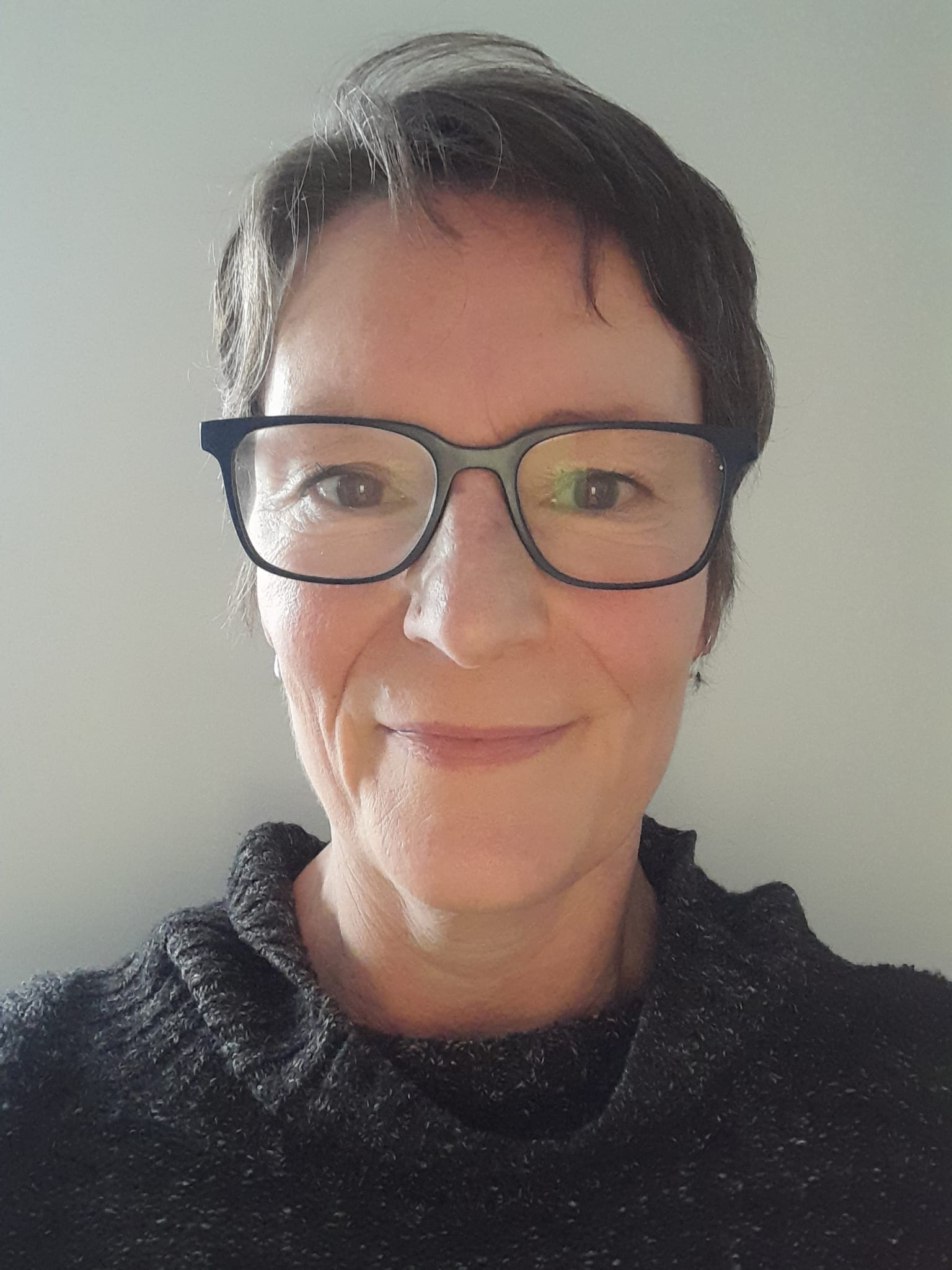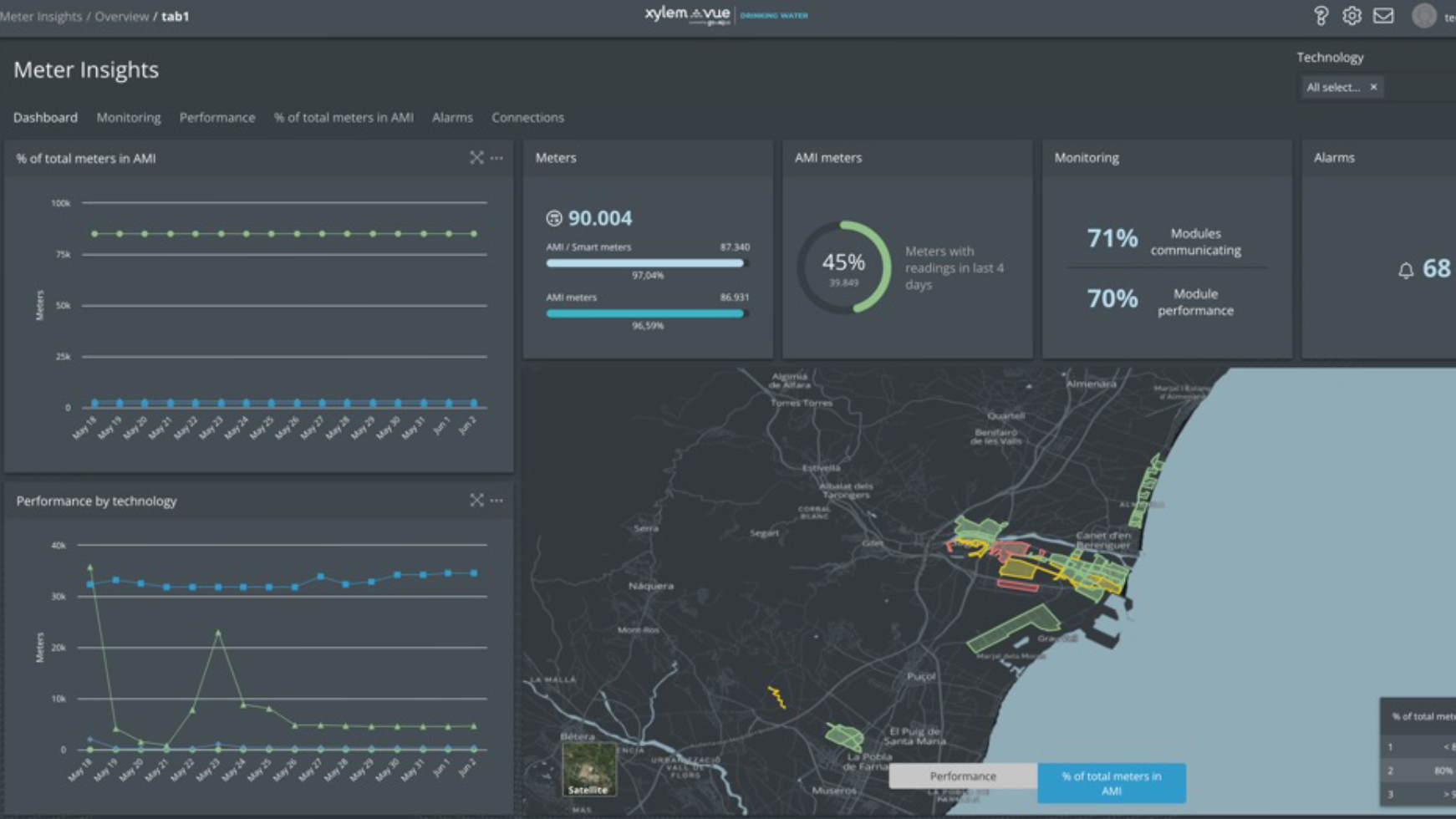
It has been an eventful summer for the water sector. The delayed publication by Ofwat of PR24 draft determinations – due to July’s general election – meant the consultation period was condensed from nine weeks to seven. At the time of writing, it is set to run until 28 August and intense activity continues.
The sector is under immense pressure but the conversations I have had with water leaders tell me companies are ready to move forward with their ambitious plans. It is recognised utilities must work differently in AMP8, with accelerated digitalisation and enhanced data management the driving force behind successful capital programmes.
While the shift to proactive operations has begun, companies should be talking to a broad range of technology providers to ensure new digital solutions are fully leveraged and opportunities do not go untapped.
Combined sewer overflows
The pledge to reduce CSO spills requires the most urgent action. The National Storm Overflows Plan – published by water companies in England in March 2024 – sets out proposals to remove an average 150,000 spills each year by 2030 and nearly four million spills over 25 years.
Historically, a lack of visibility into wastewater networks has hindered proactive management.
Now, real-time systems are available to optimise the operational performance of wastewater networks and use real-time data to predict and prevent spills.
Just one example is Xylem Vue powered by GoAigua (XVPGA), a platform which uses a combination of sensors and weather data and algorithms to detect sewer blockages, identify infiltration sources and maximise system capacity to minimise risk of spills.
Now that utilities have access to the tools that can really help tackle the CSO issue, I’m optimistic of vast improvements in AMP8. The sector just needs to keep talking and learning from experiences in the UK and around the world.
An early deployment of the functionality available within the XVPGA platform comes from the US City of South Bend, Indiana. South Bend is the economic and cultural hub of Northern Indiana, with the St Joseph River the central downtown attraction.
To reduce the 1-2 billion gallons of polluted water that was entering the river annually at the time, the city harnessed intelligent technology to optimise its existing sewer system. Before 2008, virtually every time it rained heavily, the sewers spilled into the river.
In 2011, the municipality entered into a consent decree, agreeing to a long-term sewer overflow control plan, at an estimated cost of US$860 million to the municipality, and, therefore, its citizens. For South Bend, with a population of just over 100,000, this equated to a significant burden – economically unfeasible given the average annual household income was around US$32,000.
Trading capacity
The XVPGA platform enabled the network to avoid overflows by trading available sewer capacity in real time and moving flows to under-utilised parts of the network. The platform presented operational information to staff via SCADA screens, smartphones and tablets and through web portals jointly developed with the city’s engineering staff.
Dry overflows eliminated
Since implementing a smart sewer programme, dry weather overflows were eliminated and combined sewer overflow volumes reduced by more than 70%.
At the same time, E.coli concentrations in the St Joseph River dropped by more than 50% on average. Overall, the real-time decision support system allowed South Bend to reduce the amount of costly grey infrastructure required to meet the terms of the consent decree, while improving system performance and capacity utilisation, lowering operating costs and delivering environmental gains 10 to 15 years ahead of schedule.
There is no reason why UK utilities cannot adopt such platforms in AMP8. It requires collaboration between suppliers and teams within the business, such as IT and OT – and, importantly, the end-users who will be working with the platform day-to-day and whose buy-in will drive its success.



